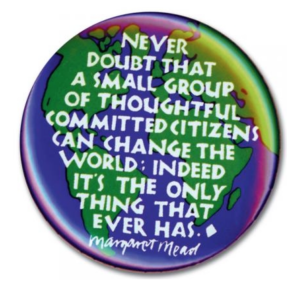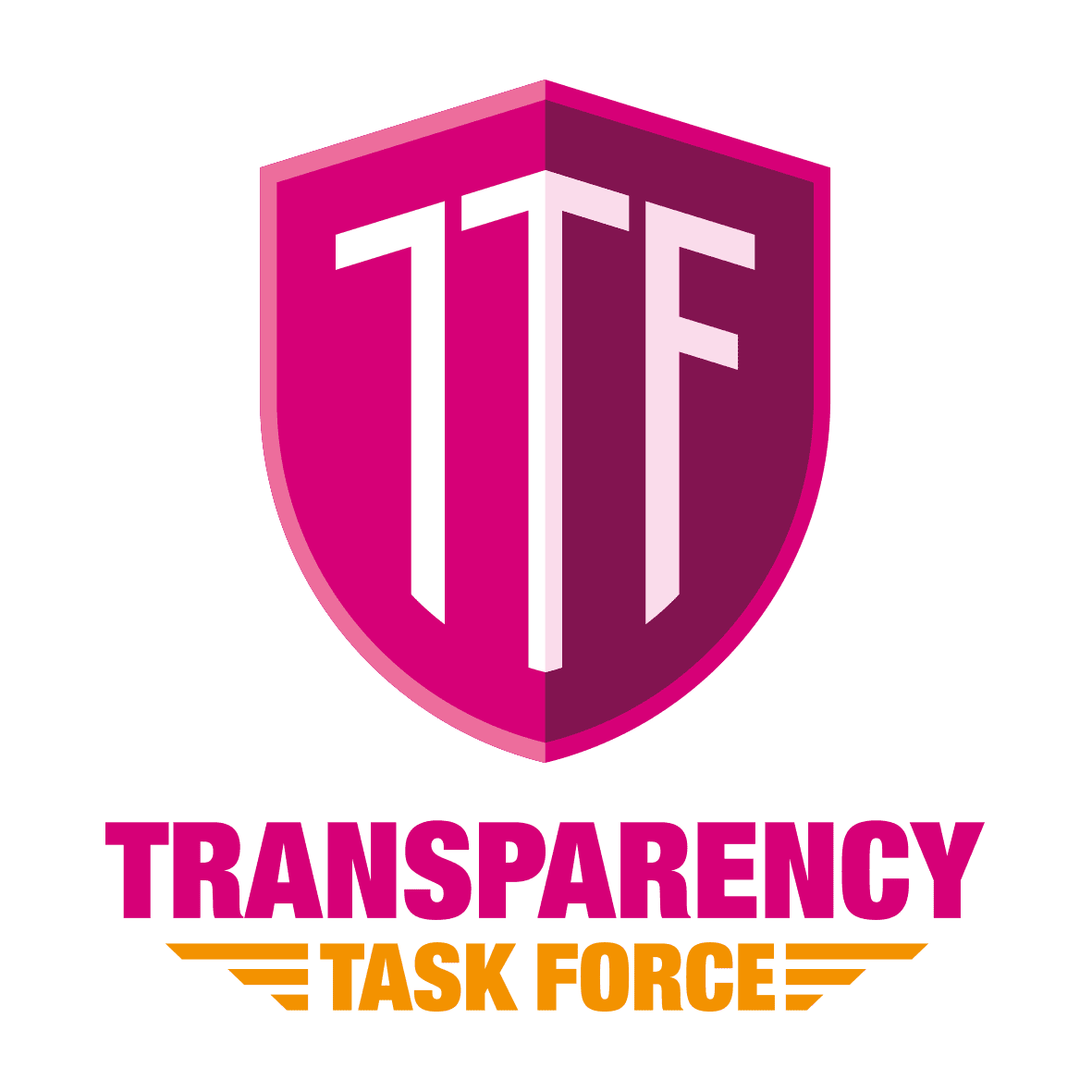This event has now taken place but you can watch the video recording of it through our Youtube Channel, get to it by clicking the button below
When
Tuesday, February 9th from 6:00pm until 8:00pm, UK timeWhere
Online symposium via Zoom.Format
There'll be a great line-up of speakers plus ample scope for discussion and debateWhy you should attend
Culture is King.
While that may be an over-simplification, there can be no doubt that culture is a very powerful determinant of what is – and what isn’t – deemed to be acceptable conduct.
Based on the poor conduct that has too often prevailed, it’s easy to come to the conclusion that the sector needs what we sometimes describe as a “cultural transfusion”. We believe that culture can be a key driver for reform of the financial services system, enabling the positive, progressive and purposeful finance reform that is so desperately needed.
To be blunt about it, any attempt to reform the financial services sector without addressing the huge importance of culture will fail.
This symposium represents a great opportunity to discuss and debate the importance of cultural reform; and how to harness it as a driver for positive, progressive and purposeful reform.
We’ll be immersing ourselves in the topic and considering a wide range of perspectives.
Our overall purpose for the event is to shine a very bright light onto this important topic; in keeping with the TTF’s overall mission which is to promote ongoing reform of the financial services sector, so that it serves society better.
“Culture eats strategy for breakfast”
– Peter Drucker
“Why is culture so important to a business? Here is a simple way to frame it. The stronger the culture, the less corporate process a company needs. When the culture is strong, you can trust everyone to do the right thing”
– Brian Chesky
“Every CEO is in fact a Chief Cultural Officer. The terrifying thing is it’s the CEO’s actual behavior, not their speeches or the list of values they have put up on posters, that defines what the culture is. Without these four powers (Hiring, Firing, Promoting, Punishing) any employee at the company is along for the ride in a culture driven by someone more powerful than they are”
– Scott Berkun
“There’s really no such thing as internal culture anymore. Your culture is always public, and it’s your most powerful, public-facing asset or liability”
– David Mattin
Here's the programme and timings so far...
6pm GMT
Welcome to the symposium, introductions and initial exploration of the main issues; by
Andy Agathangelou
Founder, Transparency Task Force; Governor, Pensions Policy Institute; Chair, Secretariat Committee, APPG on Pension Scams; Chair, Secretariat Committee, APPG on Personal Banking and Fairer Financial Services
___________________________________________________________________
6:20pm GMT
Presentation #1, for 10 minutes + 5 minutes Q&A/Discussion by
John Dashfield
Owner, Dashfield Coaching and Development
___________________________________________________________________
6:35pm GMT
Presentation #2, for 10 minutes + 5 minutes Q&A/Discussion by
Andy Aitkenhead
Partner, Axxelate
___________________________________________________________________
7:50pm GMT
Short leg-stretch and comfort break, for 10 minutes
___________________________________________________________________
7:00pm GMT
Presentation #3, for 10 minutes + 5 minutes Q&A by
Professor Paul Moxey Bsc (Eng) MBA ACA FCIS
Professor of Corporate Governance, London South Bank University
___________________________________________________________________
7:15pm GMT
The “Just a minute”-round
Inspired by the BBC Radio 4 programme, we have asked a selection of our attendees to spend just a minute sharing their thoughts on what has been covered during the symposium. But unlike the Radio 4 programme our speakers won’t be penalised for hesitation, repetition or deviation!
Speakers:
John Martin, Founder/CEO/Consulting Director, Plutus Consulting Group Ltd
Michael Gearin, Private Consultant
Dr Steve Hubbard, Serious Amateur Economist, Retired
Philip Meadowcroft, Chairman, Brandmasters Ltd Executive Pension Scheme
___________________________________________________________________
7:30pm GMT
Group discussion & debate, 25 minutes
___________________________________________________________________
7:55pm GMT
Final conclusions; and suggested next steps and close to the formal proceedings.
However, for those that want it…
8pm GMT until 8:30pm GMT
….informal, unstructured networking and informal conversation; a “fireside chat” amongst friends as it were
___________________________________________________________________
*The programme will continuously evolve so is subject to change.

John Dashfield
Owner, Dashfield Coaching and Development
_________________________________________________________________________________________

Andy Aitkenhead
Partner, Axxelate
Andy has worked in financial services for 40 years, initially trading credit, over the last 20 years he has been innovative in the use of collaborative techniques to build high performing teams in the context of rapid change. By building capability and capacity in the teams he has worked with, he has enabled enduring change. In recent years he has been exploring the cultural and organisational obstacles to change, their impact and how to address them.
_________________________________________________________________________________________

Professor Paul Moxey BSc (Eng) MBA ACA FCIS
Professor of Corporate Governance, London South Bank University
Governance, culture and risk management consultant, expert witness, trainer and author
Paul is an acknowledged expert in corporate governance and risk management and for 13 years led ACCA’s (the Association of Chartered Certified Accountants) global thought leadership on these subjects. He now works with boards and executive teams in assessing and improving their culture and governance and risk management practices to improve organisational performance and resilience. He also writes and trains boards and others on governance, board effectiveness, risk, business ethics and corporate culture and recently wrote a text book on corporate governance for ICSA.
Paul is visiting professor of Corporate Governance at London South Bank University, co-chairman of the CRSA Forum, a network of practitioners established in 1994 interested in the behavioural and cultural aspects of risk, governance and organisational performance, a fellow of scenario and futures consultants SAMI Consulting, a board member of the UK Policy Governance Association and an editorial board member of a governance journal. He is a trustee of a sailing club and has been chairman of a small housing charity, and started and sold a successful small retail and printing business.
Paul is a chartered accountant and a chartered secretary and earlier in his career was a company secretary and group financial controller of a small UK listed company and then a larger unlisted company with 5,000 staff.



